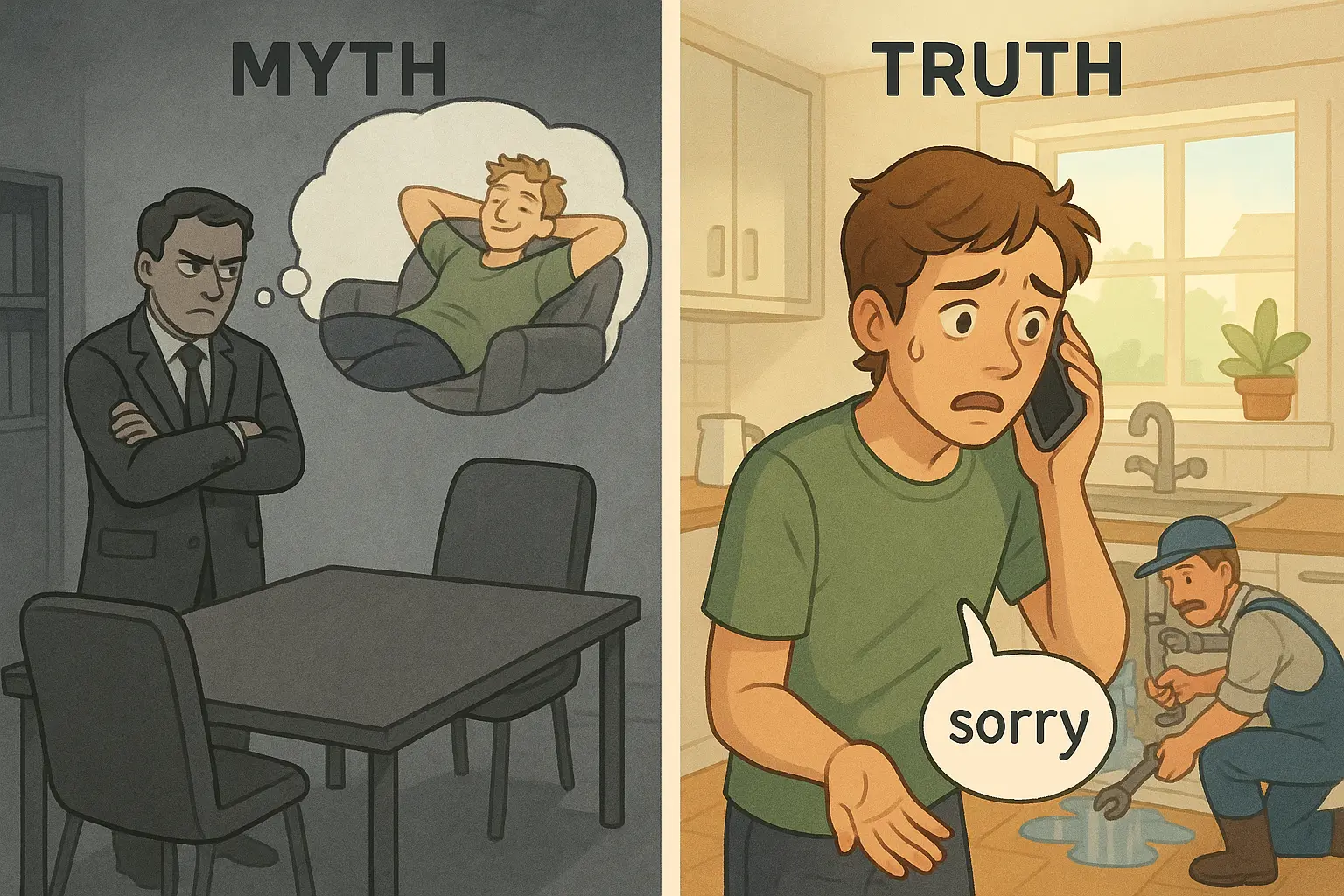
We've all done it: a colleague arrives late to a meeting and we instantly label them as disorganised or uncommitted. Someone doesn't reply to our message and we decide they're rude. Our brains love quick labels, but they often miss the bigger picture—perhaps your colleague is managing a home emergency, or maybe that message got lost in an overflowing inbox. A five-second pause to consider the situation first can save relationships, reduce workplace tension, and make your judgements far more accurate.
Why We Jump to Quick Judgements at Work
Your mind uses shortcuts to navigate the constant flood of information at work. One powerful shortcut is to explain behaviour through personality traits: late means lazy, quiet means unfriendly, distracted means careless. It feels efficient and tidy, but this mental habit—what psychologists call the 'fundamental attribution error'—routinely ignores context.
Think of it like judging an entire film by a single frame. You're seeing the person's action, but you're missing the scene around it. Your brain naturally attributes what you observe to their character whilst overlooking the situational factors that might be driving their behaviour. It's an easy trap that gets things wrong more often than we'd like to admit.
The Pause-and-Ask Technique
Here's a practical script that changes everything: When you feel a snap judgement forming, pause and ask yourself, 'What reasonable situation could make a good person do this?' Brainstorm two or three possibilities before you react:
- Your late colleague might be dealing with a burst pipe at home (like our example)
- The person who seemed short with you might be managing a family crisis
- Your distracted teammate could be juggling an urgent deadline you don't know about
Then choose your response based on this fuller picture. You can absolutely still set boundaries and address issues—but you'll be doing it with a clearer understanding of reality, not just your first impression.
How Context-First Thinking Improves Your Work Life
Making context your first stop doesn't make you naive or a pushover; it makes you precise. You'll waste less mental energy constructing wrong stories about people and more energy on solutions that address what's genuinely happening. This approach leads to:
- Stronger professional relationships built on empathy rather than assumption
- Better decision-making that accounts for real circumstances
- Reduced workplace stress for both you and your colleagues
- More productive conversations that solve actual problems
When you pause to consider context, you're not just being kind—you're being smart. You're gathering better data before acting, which leads to outcomes that actually work.
Of course, maintaining this thoughtful approach requires mental clarity and focus, especially when you're juggling multiple deadlines and workplace pressures. That's where Brainzyme's scientifically proven plant-powered focus supplements can support your ability to pause, reflect, and respond with intention rather than react on autopilot.
Discover how Brainzyme can help you stay clear-headed and context-aware throughout your working day at www.brainzyme.com


 DACH
DACH
 FR-BE
FR-BE
 US-CAN
US-CAN


